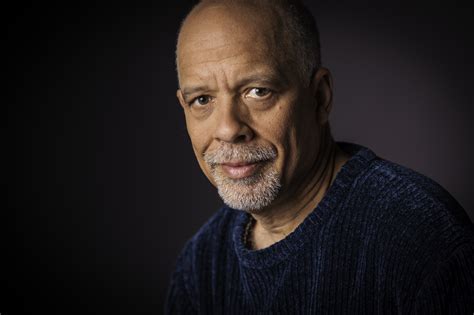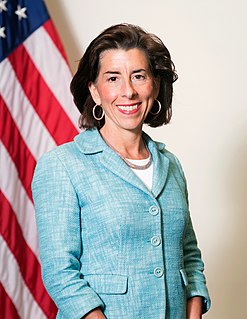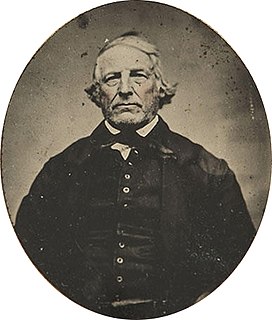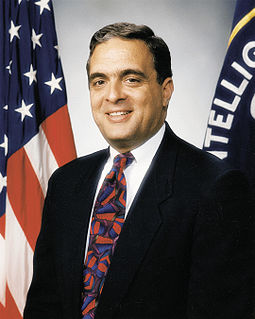A Quote by Dan Hill
In a world where people are hungry for quick fixes and sound bites, for instant gratification, there is not patience for the long. Slow rebuilding process: implementing after school programs, hiring more community workers to act as mentors, adding more job training programs in marginalized areas
Quote Topics
Act
Adding
After
After School
After School Programs
Areas
Bites
Community
Gratification
Hiring
Hungry
Implementing
Instant
Instant Gratification
Job
Job Training
Long
Marginalized
Mentors
More
Patience
People
Process
Programs
Quick
Quick Fixes
Rebuilding
School
Slow
Sound
Sound Bite
Sound Bites
Training
Training Programs
Workers
World
Related Quotes
There are many cases in which gifted children have done great things without special school programs. There are also gifted kids who have been to special schools and achieved nothing that has benefited the world as a whole. Without solid evidence, I have no confidence that funding school programs for the intellectually gifted would do more good than the most cost-effective programs to help people in extreme poverty.
There are myriad government programs out there to help small businesses. Few people use them effectively. The maze of information makes it difficult for any one person to understand it all, which often leads politicians, and citizens, too, to call for more programs. We don't need more government programs; we just need a better way to access them.
What I think people should realize is that programs like Social Security, programs like Medicare, programs like the Veterans Administration, programs like your local park and your local library - those are, if you like, socialist programs; they're run by [and] for the public, not to make money. I think in many ways we should expand that concept so that the American people can enjoy the same benefits that people all over the world are currently enjoying.
Most Americans living below the official poverty line own a car or truck - and government entitlement programs seldom provide cars and trucks. Most people living below the official poverty line also have air conditioning, color television, and a microwave oven - and these too are not usually handed out by government entitlement programs.
Cell phones and other electronic devices are by no means unheard of in low-income neighborhoods, where children would supposedly go hungry if there were no school-lunch programs. In reality, low-income people are overweight more often than other Americans.
When I came to the CIA in the mid-'90s, our graduating class of case officers was unbelievably low. Now, after years of rebuilding, our training programs and putting our best efforts to recruit the most talented men and women, we are graduating more clandestine officers than at any time in the history of the Central Intelligence Agency.



































